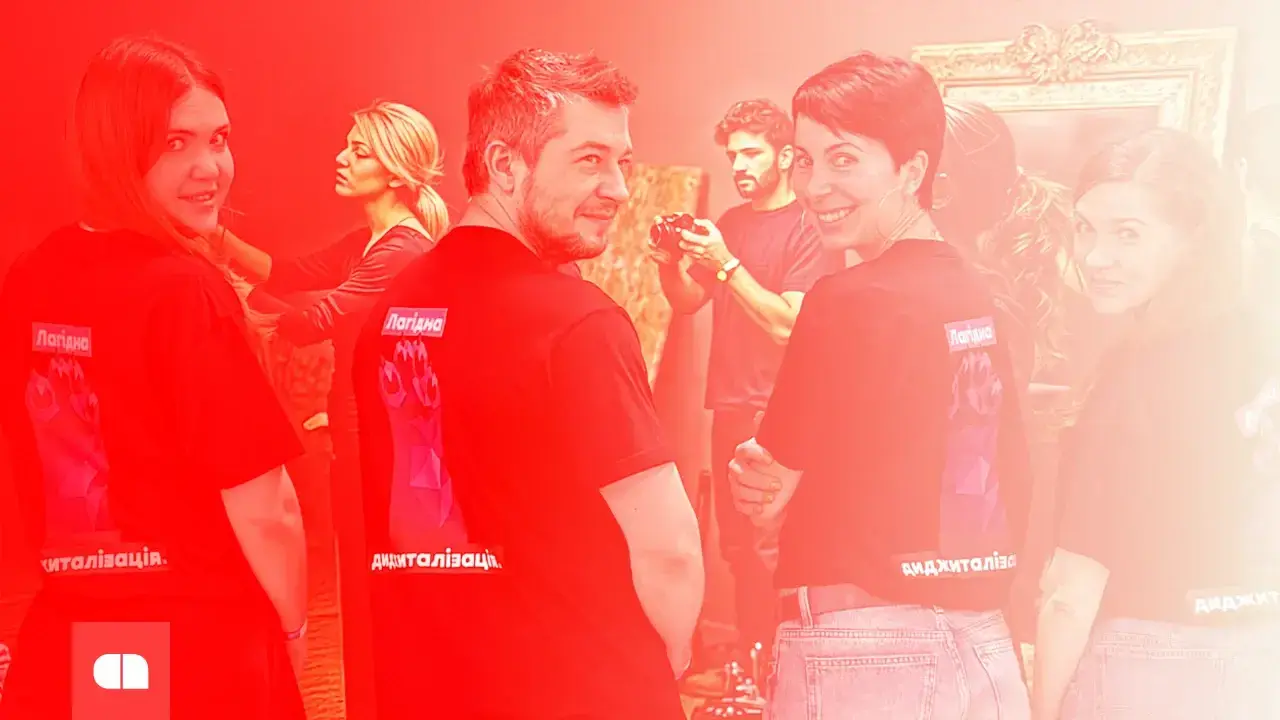21 August 2025
Коли класичний найм не працює: як будувати команду в диджиталі в умовах кадрового голоду — колонка

In fact, people need very little. Will brands help people understand this in today's crisis?
I have been working in advertising and marketing for 18 years. My job is to help businesses sell their goods and services in any way that changes from year to year. Therefore, what I am about to write will most likely not please many colleagues in the market. So I don't like to hide it either. But this is the truth.
The task of marketing is no longer to meet demand. But marketing is still the mainstay of capitalism, and without it, it is doomed to oblivion. No desire to buy means no chance to sell, less production, fewer jobs. A collapse!
Today we buy twice as many clothes as we did 10 years ago and wear them half as much
Therefore, marketing is inventing new tools, ideas, and activations to help consumers choose the right product or service. And also, to reinvest every new dollar earned in production, purchase of raw materials, or issue a virtual dollar or, for example, a virtual credit at a rate of 1 to 10.
Creativity is becoming increasingly valuable - according to a recent Nielsen study, the effectiveness of any communication is determined by the quality of creative by 47%. Stand out, attract attention, tap into the inner values or fears of each consumer - and the more original the tap, the more likely you are to sell.
And everyone needs to sell. Why? Because if we stop all production of, for example, clothes now, it will last for 40 years, even if we all continue to buy them at the current rate. And this pace is actually quite high - today we buy twice as many clothes as we did 10 years ago, and wear them half as much.
Some statistics:
I won't go on with the statistics on the resources required to pack, deliver, sell or destroy it. At the same time, the system cannot afford to give unclaimed goods to poor countries at a discount or even for free - this is a blow to capitalism, whose task is to produce more and more and to carry a similar message to the masses.
But in reality, people need very little. Remember how much food you throw away on a regular basis? And how much will you throw away when the strategic stock you bought now becomes physically outdated or simply ceases to inspire your confidence, taking up space in the refrigerator or kitchen cabinet for months? How many shirts and dresses have been hanging in your closet for a year now? And how many are sent either to help someone or to hang for another year with the words “in case you need them” during each general cleaning?
So this quarantine crisis definitely has one positive aspect. Not for business, of course, but for the world. Perhaps, after sitting in “confinement” for a month and making less frequent trips to the store, we will realize that we don't really need that much: one pair of sneakers, a few footballs, a few shirts, and a few other things.
What about status, you may ask. What about the desire to show everyone your superiority with another branded scarf or fashionable jacket? In this sense, quarantine will level us all up a bit and show us our true values and qualities - that professionalism is important, not pomp, that it is important to support other businesses rather than hype the next “current limited offer”, that a hundred for another pair of new pants is a much lower priority than masks for doctors or a ventilator.
Today is the moment when brands and the marketing agencies that accompany them can look at the situation differently. How exactly? To invest not in quantity, promoting 5 or 8 seasonal wardrobes a year, but in quality. To create value, sociality, environmental friendliness and a culture of consumption. And to promote it in the same way - to package it, to attach it emotionally (and this is possible only for brands with a history and a human face), to motivate to buy less, but more expensive and better.
Let us develop a culture of buying one original pair of socks with a custom print, not a cheap “weekly” pair, which, by the way, require the same amount of resources to produce. Let the brand earn the same amount, but on one cool original product, not a set of 5 T-shirts. Let an advertising agency get well-deserved festival points for one bright advertising campaign, not for 15 media activities with huge coverage. Everyone will earn the same amount of money, and we will spend much less resources.
However, I'm afraid that so far few people think the same way, and we will need more than one such virus to make humanity look at its life, business and people around it differently.
The article was published on nv.ua


